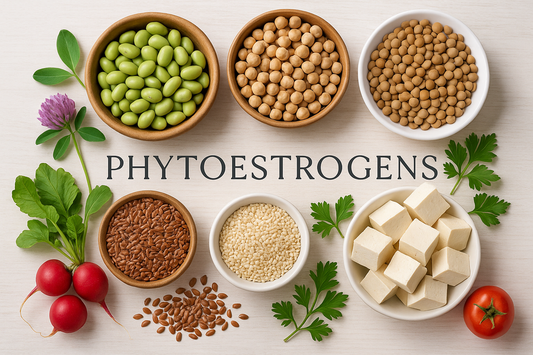If you've ever wondered whether your 5K time stacks up, you're not alone. The question "what's a good 5K time?" is one of the most common among runners at every level. But here's the truth: a "good" time isn't one-size-fits-all. It depends heavily on your experience, age, fitness level, and even your personal goals.
Understanding 5K Benchmarks by Experience Level
Beginners: Building Your Foundation
If you're new to running, 30–40 minutes is a perfectly respectable time for completing a 5K. This translates to a pace of roughly 6–8 minutes per kilometer (or about 10–13 minutes per mile). At this stage, simply finishing the distance without stopping is an achievement worth celebrating. Many first-time 5K runners alternate between jogging and walking, and that's completely normal. Your body is adapting to the cardiovascular demands and the physical impact of running.
The key for beginners isn't speed—it's consistency. Focus on building endurance and establishing a regular running routine. Your times will naturally improve as your fitness develops.
Intermediate Runners: Finding Your Rhythm
Once you've been running regularly for several months to a year, you'll likely see your times drop into the 22–28 minute range. At this level, you've developed a solid aerobic base and can maintain a steady pace throughout the entire distance. You understand pacing strategy and can push yourself without burning out halfway through.
Intermediate runners often start experimenting with structured training plans, incorporating interval workouts and tempo runs to continue improving. This is where running transforms from a simple exercise routine into a more nuanced athletic pursuit.
Competitive Runners: Pushing the Limits
Serious runners who train consistently and follow structured programs often break the 20-minute barrier. This requires not just regular mileage but also dedicated speed work, proper recovery, and often years of training. A sub-20 5K represents roughly a 6:25 per mile pace or faster—a speed that demands both physical fitness and mental toughness.
Elite Athletes: The Upper Echelon
Professional and elite runners operate in a different universe entirely, finishing 5Ks in under 15 minutes. The current world records hover around 12:35 for men and 14:00 for women. These times require genetic advantages, professional coaching, optimal nutrition, and running as a full-time occupation.
Factors That Influence Your 5K Time
Your finish time on any given day isn't determined by fitness alone. Several variables come into play:
Terrain matters significantly. A flat, paved course will always yield faster times than a trail run with hills and uneven surfaces. Many runners find they're 30 seconds to a minute per kilometer slower on hilly courses compared to flat ones.
Weather conditions can make or break a race. Ideal racing conditions typically fall between 7–15°C (45–60°F) with minimal wind. Hot, humid weather forces your body to divert resources to cooling, slowing your pace. Strong headwinds can add precious seconds to your time.
Pacing strategy separates smart runners from those who flame out. The classic mistake is starting too fast, riding the adrenaline of race day, only to hit a wall in the final kilometer. Most experienced runners aim for negative splits—running the second half slightly faster than the first—or maintaining an even pace throughout.
Age and gender play undeniable roles in performance benchmarks. Peak running performance typically occurs in your late 20s to early 30s, though many runners maintain impressive times well into their 40s and beyond with consistent training. Men generally post faster times than women due to physiological differences in muscle mass and oxygen-carrying capacity, which is why most races publish separate standards.

The Best Benchmark Is Your Own Progress
Here's what matters most: comparing yourself to your past self rather than to others. A 35-minute 5K is an incredible achievement if your first attempt was 45 minutes. Shaving even 30 seconds off your personal record represents real improvement in your cardiovascular fitness, running economy, and mental resilience.
Track your times over weeks and months. Look for trends. Are you getting faster? Can you maintain your pace more comfortably? Do you recover more quickly? These indicators matter far more than where you rank in your age group.
Setting Realistic Goals
Instead of fixating on what time is "good," consider what's achievable for you right now. A reasonable goal for someone running their first 5K might be to complete it without walking. For an intermediate runner, it might be breaking 25 minutes. For a competitive runner, it could be earning an age-group award.
Research suggests that most runners can expect to improve by 10–20% in their first year of consistent training, with diminishing returns as you become more experienced. A beginner finishing in 35 minutes might realistically aim for 30 minutes within six months of regular training. An intermediate runner at 25 minutes might target 23 minutes over the same period.
The Bottom Line
A "good" 5K time is one that represents your best effort given your current fitness level and circumstances. Whether you're crossing the finish line at 15 minutes or 45 minutes, you're lapping everyone on the couch. Focus on sustainable improvement, enjoy the process, and celebrate your progress. The clock is just one measure of success—consistency, injury prevention, and the joy of running matter just as much.














